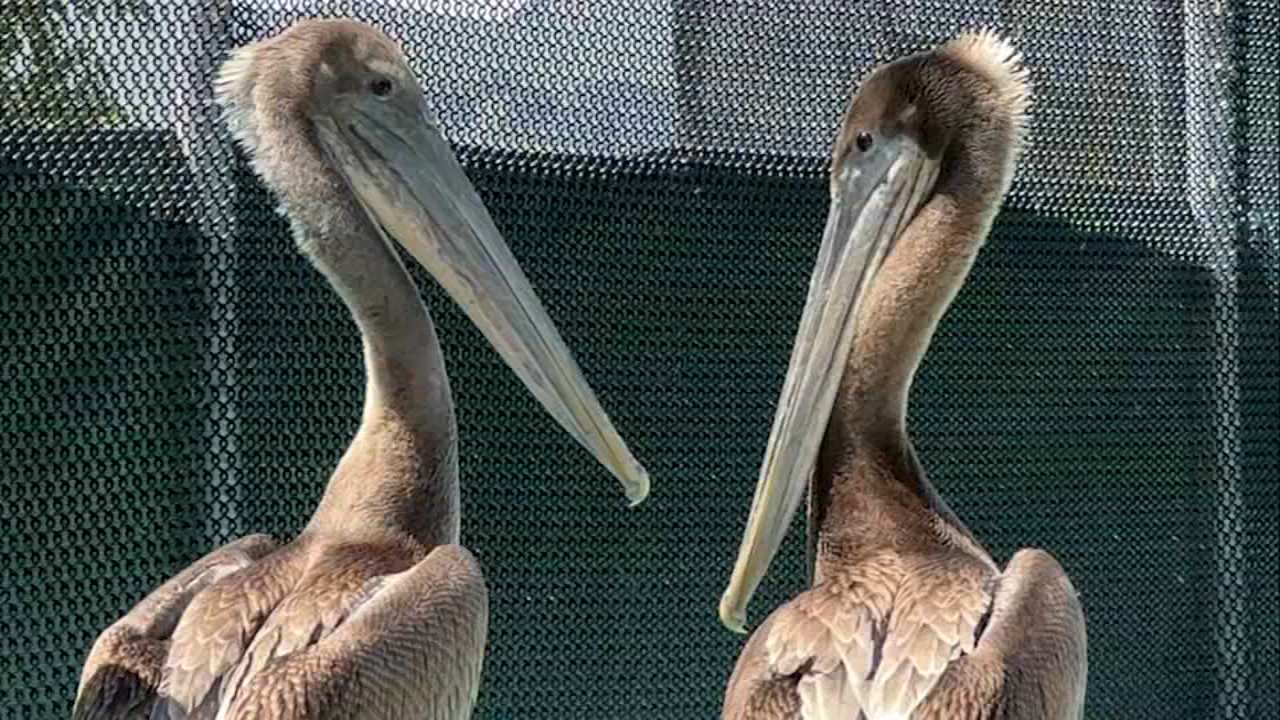Bay Area company develops drug process to cure malaria


BERKELEY, Calif. (KGO) -- A technology developed in the Bay Area could soon be saving millions of lives in Africa. It's a breakthrough process for making a drug that can treat and cure malaria, which we first profiled in 2011. Now, the promise is becoming reality.
For millions of people in Africa, protecting themselves from the mosquitos that carry malaria is a constant battle fought with bed-nets and insecticides. But now, help is arriving in the form of a drug that can treat the disease, quickly and inexpensively.
The drug is a semi-synthetic version of artemisinin, produced with a process pioneered by UC Berkeley researcher Jay Keasling, Ph.D.
For decades artemisinin had been made solely from the wormwood plant, which often left it in short supply. Instead, keasling's team developed a way to genetically modify yeast to produce the same drug in huge brewery-like tanks.
Keasling explained to ABC7 News, "And rather than spitting out alcohol as it normally does, it'd spit out this anti-malarial drug."
However, to ship the drug Keasling licensed the technology to a French-based pharmaceutical company called Sanofi. And after years in development, the company just announced their first major delivery of 1.5 million doses.
The deliveries were targeted to areas with some of the highest death rates from malaria in the world.
Specific doses have been formulated for children, who make up a high percentage of the victims. Keasling says the plan isn't to replace the wormwood version of the drug, but to use the synthetic version to stabilize supplies.
"So what happens with this drug when it's grown in the plant is that farmers first found out it was valuable so they planted a lot of it, and the price went through the floor, and they could no longer make a profit so they quick planting it and a few years later there was not enough artemisinin to go around," Keasling said.
He says the synthetic artemisinin can be produced in a matter of weeks, rather than months, for about $2 a dose. He believes a steady supply of both versions, will now make artemisinin affordable to clinics and governments across Africa, saving an untold number of lives.
Keasling says the yeast process could potentially be explored again if a drug currently being tested against the Ebola virus proves effective. That drug is currently grown in tobacco plants and is also in limited supply.






